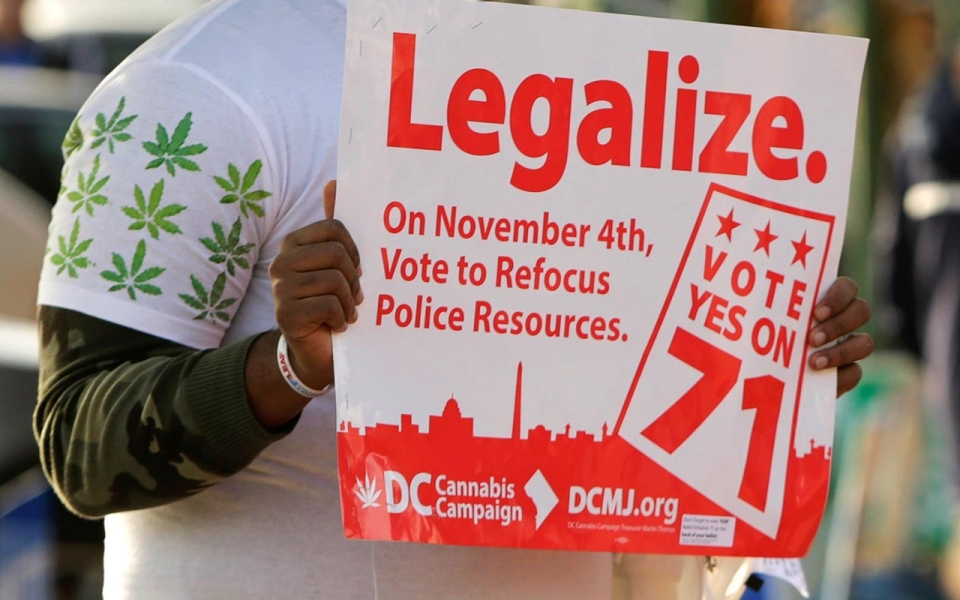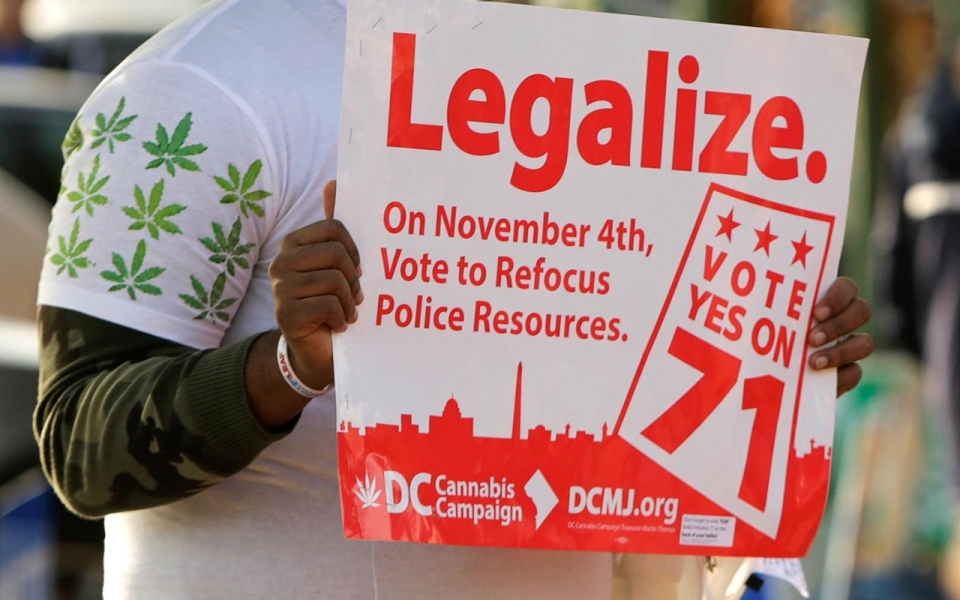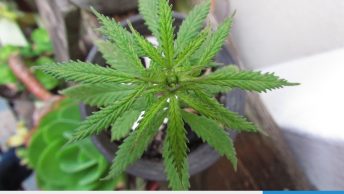The legalization of cannabis in America has been a long battle for marijuana advocates, but after successfully getting the legal status of the drug changed in a number of states, it seems that the tide is finally turning across America; it has become a matter of when, not if marijuana will be federally legal nationwide. At present, the possession of cannabis is a federal crime. However, the government has said it won’t stand in a state’s way if they want to make it legal for their citizens, providing they follow a few rules.
A Divided Nation
Though there are several states that have legalized marijuana, that doesn’t mean it’s inevitable that other states will automatically follow suit once they have seen the tax money it generates for the state. This is because there remains a deep ideological divide about the drug, with many different authorities putting forward arguments for and against the legalization of the drug. Of the 50 states, 4 have legalized cannabis (these are Colorado, Oregon, Washington, and Alaska), some others have decriminalized the drug, and some others have approved the use of marijuana for medicinal purposes. This, almost literally, only tells half the story however, because in 22 states, including virtually the entire south, possession or sale of the drug remains a felony. In these states, it is not uncommon for first time marijuana offenders to end up in prison for up to a year. While some movements have begun to take place to legalize the drug in these states (Arkansas very nearly voted for medicinal marijuana, but fell just short with only 48% of people voting yes), there is a long way to go until legal marijuana is a common occurrence in southern states, and will perhaps only ever happen if/when it is federally legalized.
Prospects
Despite the naysayers in certain states, it does seem that eventually the drug will be completely legal throughout the United States for various reasons. For one, the current generation are much more progressive than older generations (who are typically the ones who vote ‘no’), and will one day soon be in charge. When this happens it is likely that not only will marijuana be legal, but many other drugs will be decriminalized. Secondly, the public will eventually be less wary of the drug as more and more research is conducted into its properties, benefits, and the effect is has on a person’s body. Remember, the history of the drug in the United States is relatively short; alcohol was subject to prohibition for a time, too, and that has thousands of years of western history (which is really what the drug needs to be widely accepted). Few people today would suggest banning alcohol, and for certain people of future generations will look back on the ban on marijuana in much the same way we do at the period in the 1920’s when alcohol was banned. Lastly, if the virtues of the drug and personal freedom aren’t enough for marijuana to be accepted nationwide, then perhaps a financial incentive will. A study by Greenwave suggests that by 2020 the marijuana industry could be worth a massive $35 billion a year, which could do a lot to boost the economy and generate extra tax revenue.
Legality and Impact
It’s perhaps too soon to tell the true impact of the legalization of marijuana in the states have approved the drug; Alaska only passed Measure 2 on November 4th, 2014, and it won’t actually come into effect until February 2015; Oregon passed Measure 91 on the same date, and will slowly introduce legalization in the coming years. Because of this, the best place to look for an indicator of the impact of legalization is in Colorado, which in November 2012 was the first state to pass a legalization law.
The news from Colorado is, well, surprisingly mundane. Legalizing marijuana didn’t make the state a gateway to hell or a drug-takers utopia; business generally carried on as it has before, one of the reasons being that the passed law didn’t actually make people take up the drug, it just regulated the purchase for those that already did. It also generated many tax dollars (though reports vary as to how much) and funneled profits away from illegal drug dealers into private businesses. As with anything, it’s a work in progress and will need to be watched to see if it’s a true success. The other states, and the federal government, will be watching, waiting to make their next move.
Sources
http://adai.uw.edu/marijuana/
http://law.uoregon.edu/org/
http://www.elections.alaska.
http://www.oregon.gov/olcc/
http://www2.potsdam.edu/
Article contributed by Anne Fallon














[…] the science.” This is because marijuana has become legal in half of the U.S. but the federal legalization of marijuana has yet to happen. This has caused a lack of scientific research on marijuana, but positive […]